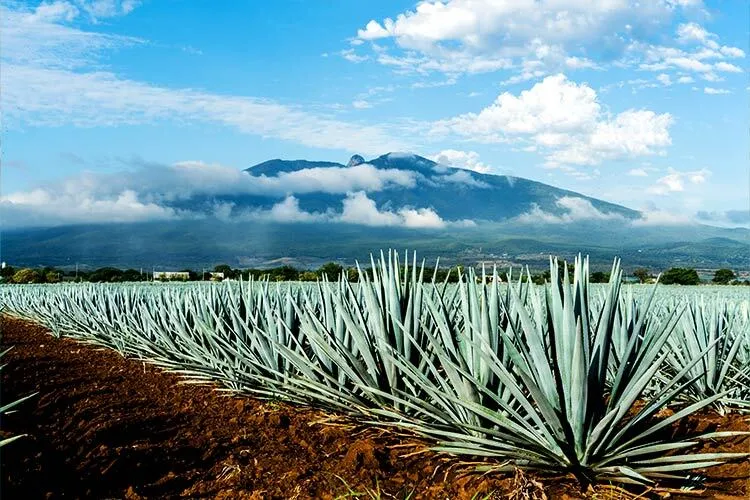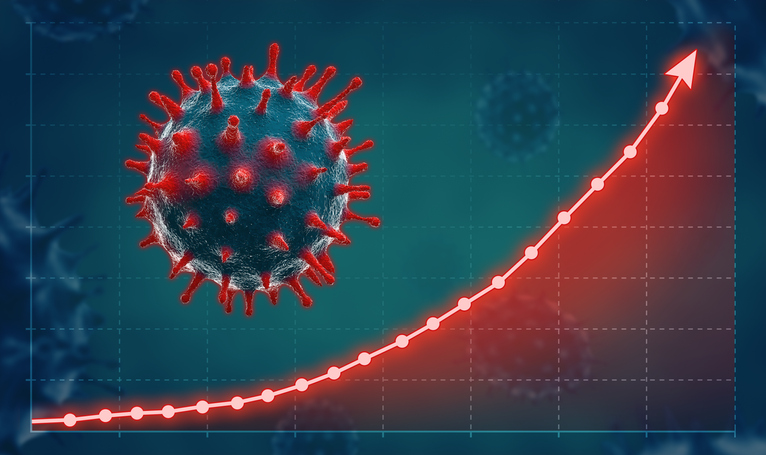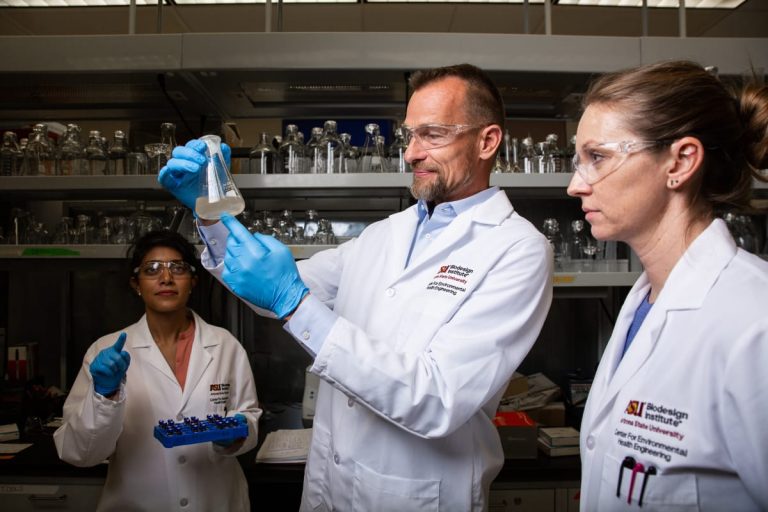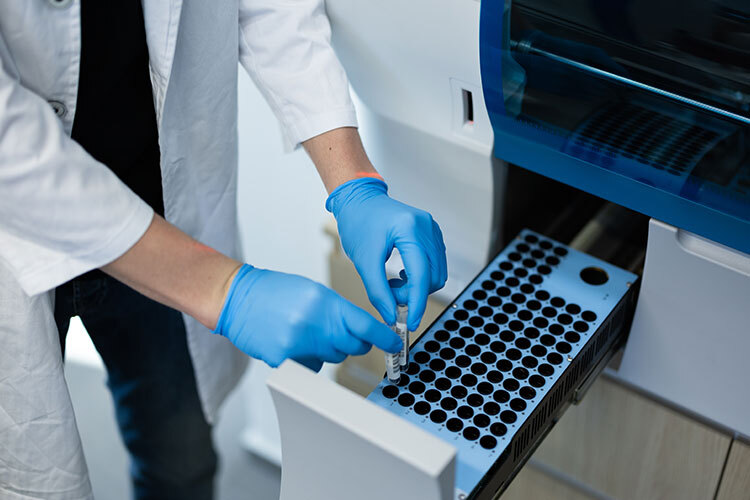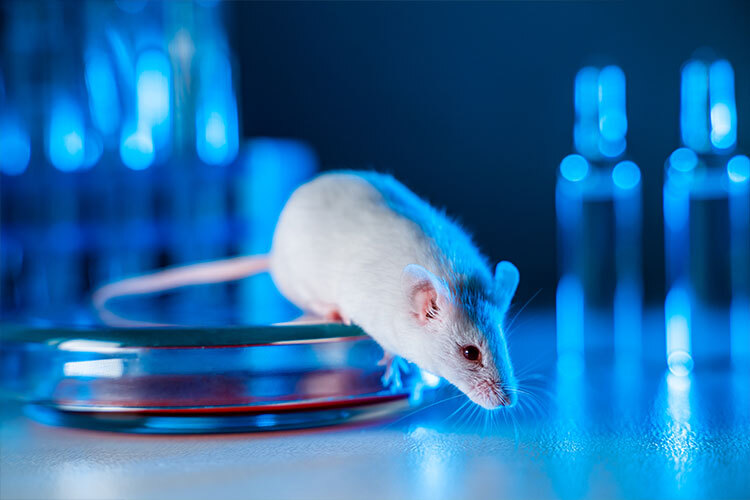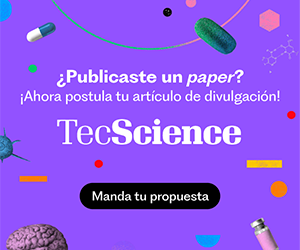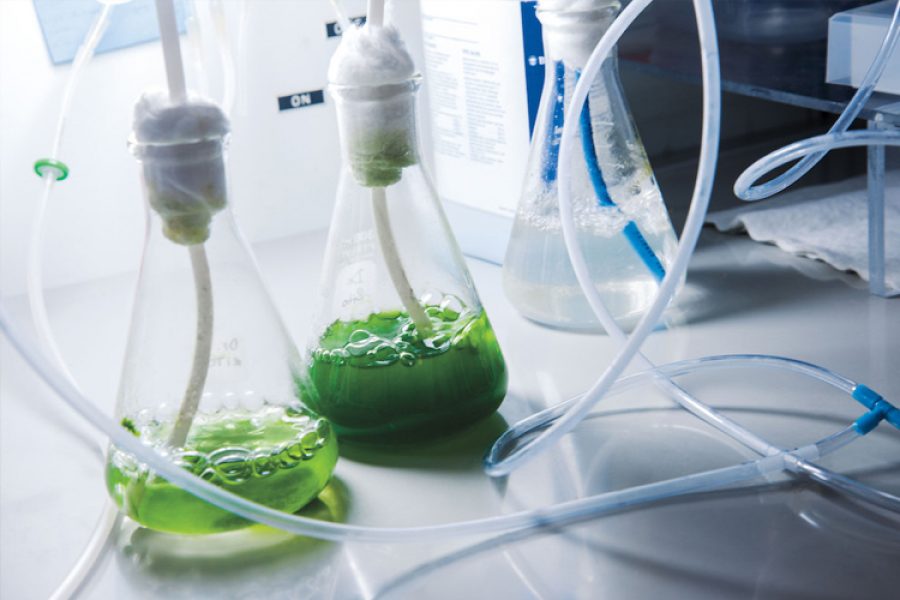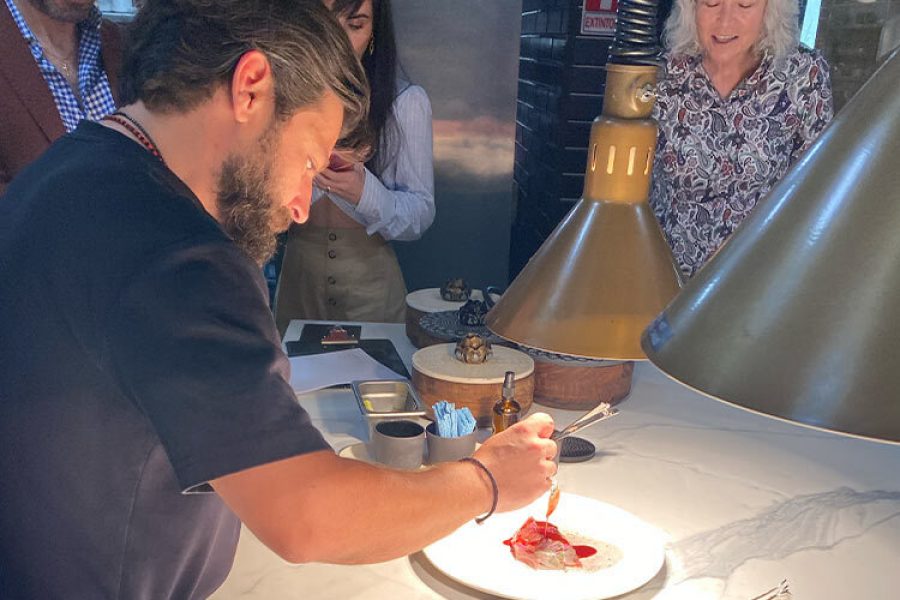For several generations, Albino Vargas’s family had been consuming a kind of honey they produced themselves from agave which they believed was beneficial to their health. In 2005, he decided to subject this food to serious investigation and approached Tec de Monterrey to have them study it closely.
Biotechnology specialist Janet Gutiérrez had to assure herself that this product not only appeared to be “miraculous” but that there was also a scientific basis for testing the benefits of the fermented agave beverage.
“We broke down its active compounds. First, we removed the sugars and the water. We then tested it on in vitro models to discover families of compounds,” narrates Gutiérrez, who is also a professor at Tec de Monterrey.
The birth of Mimex
One of the properties of this agave beverage is that it acts as an antioxidant, as well as inhibiting the growth of cancer cells, characteristics for which they were granted a patent.
In March 2017, the United States authorities granted them a patent for an agave syrup with anticancer properties.
The patent states that the invention comprises an agave extract stored for at least eight weeks, having phytochemicals preferably selected from the group comprising flavonoids, polycosanols and sapogenins, that inhibit cancer cell growth over cells of breast and lymphoma and which provides the agave extract with antioxidant and chemopreventive properties.
“The cancer part has been validated in cell culture models. It’s a food whose antioxidant functions help you have a better response to chemotherapy or a treatment prescribed by a physician,” explains Gutiérrez.
Finally, once Albino Vargas saw the potential of this food his family had been producing for generations, he decided to turn it into a commercial product he called Mimex.
“When they saw this food’s potential, they ran the research again and tested it on animals,” says Albino Vargas, who also holds a law degree from Tec de Monterrey.
Standardizing quality
Another of the challenges the researchers had to overcome was that of standardizing a product which had been created in a homemade fashion, as they discovered that the agaves grown in other states of the country did not provide the same benefits as those harvested in Coahuila, where the Mimex agaves are currently grown.
Tec de Monterrey scientists joined the research into this syrup, some of whom were able to graduate after writing up the information they discovered about the Mimex product in a scientific publication, such as biotechnology expert Ana María Leal Díaz.
“Ana Leal’s PhD thesis validated how this syrup has a positive effect on the gut microbiota and helps cells to harness energy better. So, you have a product that prevents oxidative stress and improves the metabolism of your cells when you work out,” explains Gutiérrez.
The process begins with a species of agave called salmiana, which needs 10 years to grow.
Once this period has elapsed, they prevent the stem from growing and the agave then starts to exude a sap called aguamiel (honey water). This is then fermented under controlled conditions to maintain the saponins, minerals, probiotics, and antioxidants. Finally, after an evaporation process, the resulting concentration is the Mimex product.
Industrial Stories: Mimex
Tec Research Group/Institute collaborated with: Biotechnology Center
Years of collaboration: 2005 to date
Name of the collaboration project: Mimex: fermented agave syrup with nutritional value
Accomplishments:
Obtaining patents in Mexico and the United States due to its anticancer capabilities
Patents for a food that attacks metabolism issues
More than ten scientific publications written about the product
Five doctors from Tec de Monterrey have graduated by doing research related to Mimex
Commercialization of the saponins in the product
Why was the Tec key to this project? Various Tec de Monterrey researchers helped to analyze the properties of this fermented agave product, which has led to important patents for promoting the product.
